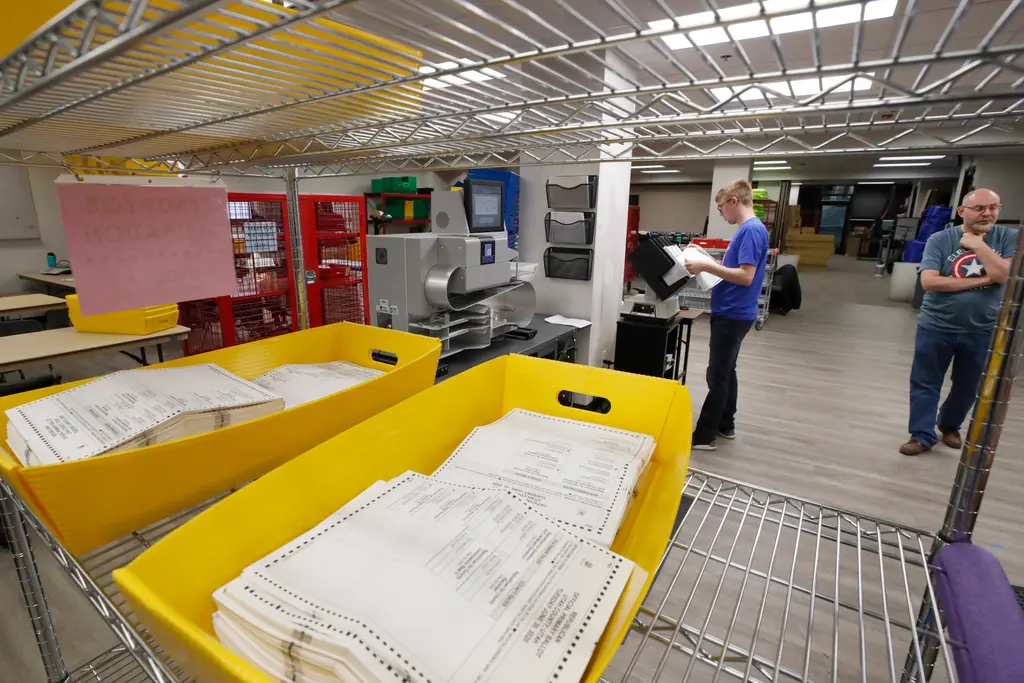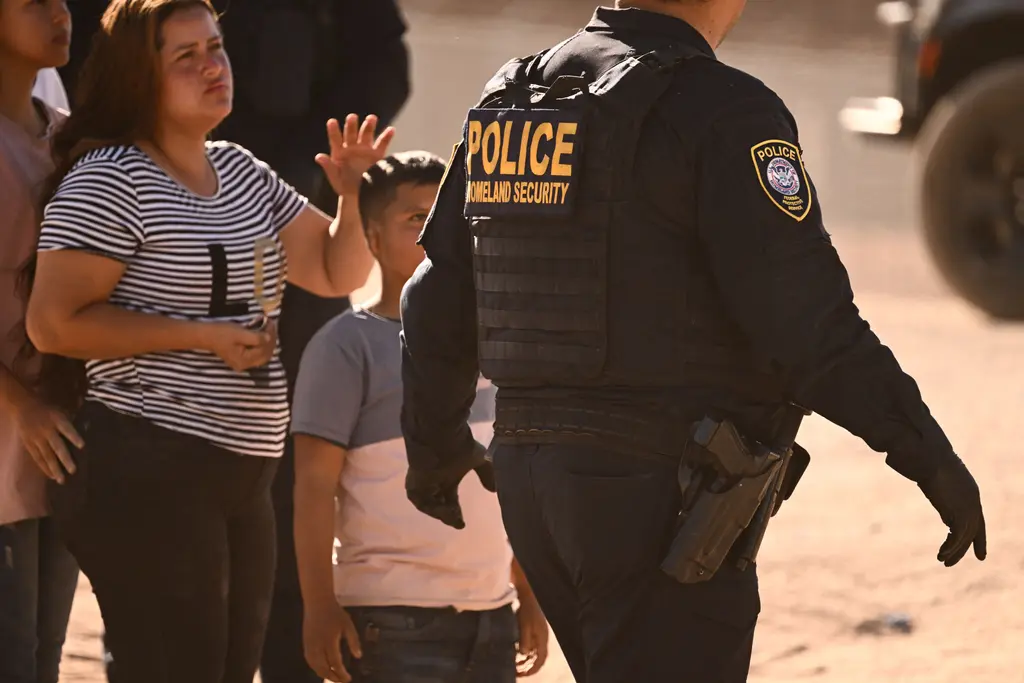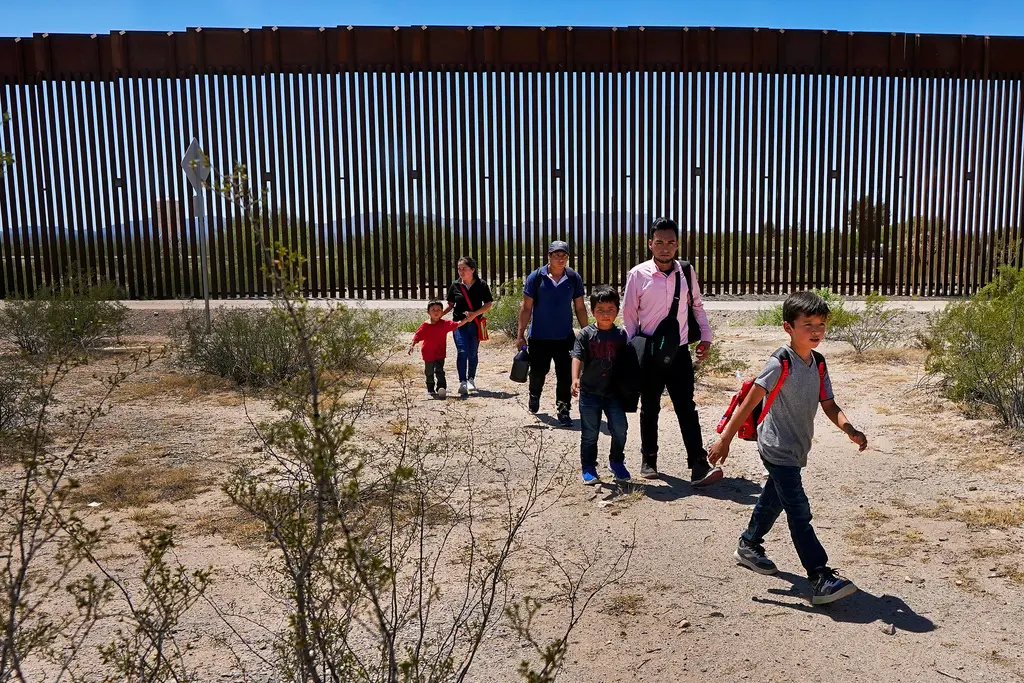Malignant Foreign Leaders and the Limits of U.S. Power
Lea este articulo en español

In the carrot-and-sticks reality of foreign policy, domestic politics tends to seek a simple and clean solution to international problems.
Whether the issue is terrorism, drug or human trafficking, money laundering or political instability overseas, most Americans expect their government to deal with it and spare them the details. In the Western Hemisphere, the example often cited is the 1989 invasion of Panama and the removal of General Manuel Noriega to face drug and money laundering charges.
We invaded and grabbed him. He was convicted, served 17 years in a U.S. prison and subsequently did time behind bars in . In 2011, he returned to Panama and died ignominiously several years later in a Panamanian jail. An efficient case closed in the rearview mirror of history.
Although almost universally accepted in the United States as a “Just Cause” – the name of the military operation - in Panama the invasion is still an enduring point of contention, although few ed the brutal leader. The collateral damage of the invasion remains the issue. More importantly, since the end of the Cold War, the United States has, for the most part, wisely sought to resolve conflicts and address non-state threats in the Western Hemisphere through diplomacy and legal cooperation, without recourse to kinetic military action. (The Middle East post-9/11 is another case entirely.)
So, if a military invasion is off the table, why not just indict human rights abusing, corrupt authoritarians like Nicaragua’s Daniel Ortega and Venezuela’s Nicolás Maduro and try to get them in a US court short of a forced rendition? The answer lies in understanding the intersection of diplomacy and international law. The Foreign Sovereign Immunities Act and customary international practice hold that one foreign state is immune from prosecution in the courts of another foreign state in the exercise of official duties.
There are exceptions for commercial and civil damages, but the net effect of this principle means that no country can investigate and indict another’s leader just because we find their behavior abhorrent. Why? Because the United States doesn’t want its president or senior officials subject to foreign courts. It’s about reciprocity and protecting our own.
Más sobre Opinion
This is a time-tested and sage principle. But let’s assume an American prosecutor decided to pursue a case against either of the dictators for drug trafficking, gross human rights violations, or terrorism. Imagine the difficulty investigators like the FBI or DEA would have building an evidence-based case to be presented in a U.S. court, where due process applies.
Collecting foreign evidence via diplomatic channels even with cooperating countries is laborious. Although sensitive, the content is handled by bureaucrats on both sides. Leaks are a constant worry.
In hostile dictatorships like Venezuela and Nicaragua, where judicial collaboration is non-existent, investigators have no practical way to collect documents, sworn testimony, etc? And recall that classified intelligence cannot be presented in a court until declassified and a rigorous chain of custody observed.
Then, of course, there is the small matter of physically and legally detaining a foreign despot in the United States or third country, when they hold diplomatic immunity under the Vienna Convention. That’s among the reasons the yanquis never detained Fidel Castro at the United Nations.
Beyond the myriad legal difficulties of indicting a foreign leader, there is also a key diplomatic consideration in holding back on judicial action against foreign leaders.
Smart statecraft dictates that the United States should always leave open a window to negotiate bilaterally or multilaterally the departure from power of a Maduro or Ortega, short of a declaration of war or military action. The recent revelation of back-channel negotiations between Caracas and Washington indicates that this principle of leaving all options open for a non-invasion or “takedown” solution to the problem of Maduro still applies. This is wise.
In a highly unusual development, recent Justice Department public filings indicate that sitting Honduran president, Juan Orlando Hernandez, is an unindicted co-conspirator in his brother’s narcotics trafficking trial in federal court in New York. Prosecutors allege he took drug money to secure his contested 2017 reelection. I cannot recall a similar recent case where a sitting President is revealed as having been investigated and included in an unsealed indictment. Hernandez is not charged himself, as far as we know, but still …
Perhaps this was to send Hernandez and others a message, however, I have to wonder if diplomats at the Department of State were aware at the time investigators were amassing their evidence against him. His brother, yes. A sitting leader – quite rare.
President Hernandez, a self-professed U.S. friend on drug and migration issues, has said he is not involved with his brother and he trusts the U.S. justice system. The October trial will be interesting.
In the meantime, this shades-of-gray reality as to the costs and benefits of using American law to deal with the human rights horrors and wanton criminality of the regimes in Venezuela and Nicaragua will continue to challenge the lawyers and the diplomats … as it should. There simply are no simple and clean solutions.



